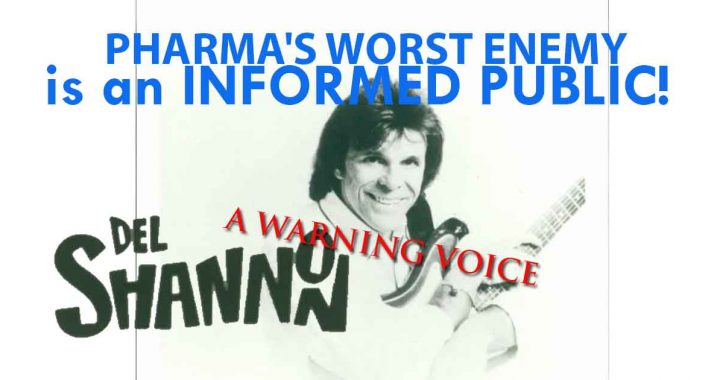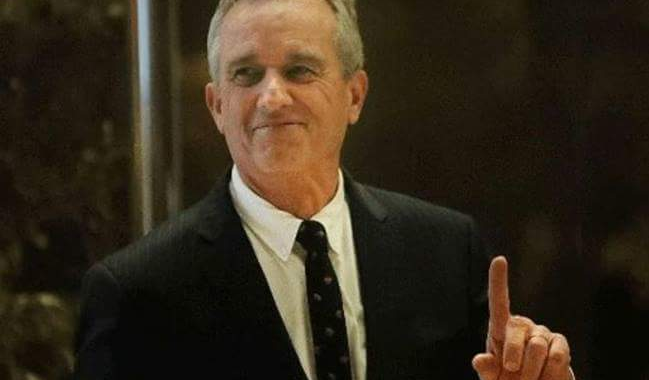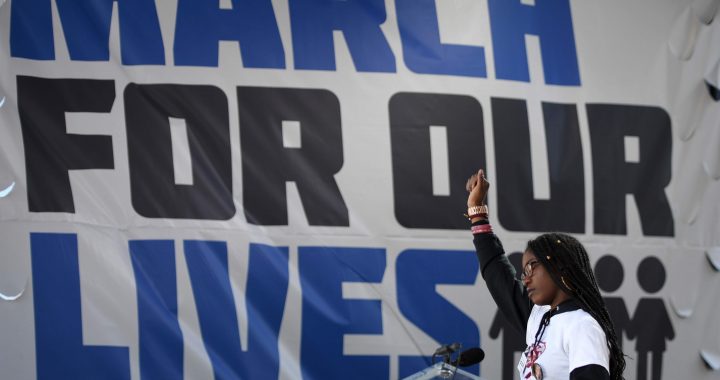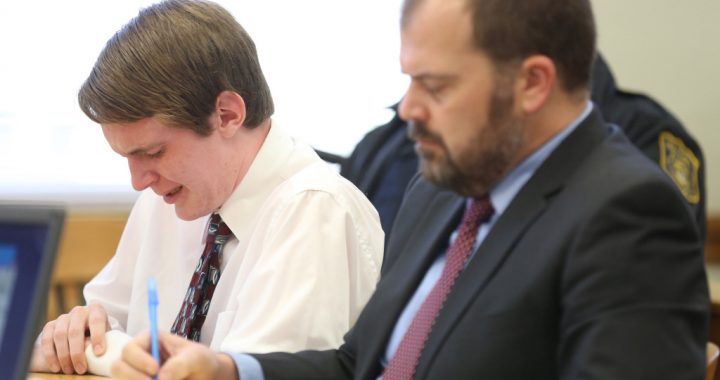he saw Dr Francis Roberson, of the Ridgeway Medical
Practice in Plympton, Plymouth, complaining of anxiety and panic attacks.
He was prescribed anti-depressant
drugs.” “Later, Mathew saw Dr Stephen Robinson at the same
medical practice, and was prescribed the
anti-depressant fluoextine [Prozac] as the original
prescription was causing unpleasant side-effects and had done little to ease his
anxiety.”
Paragraphs 21 through 24 read: “Mr Swan, of Tern
Gardens, Plympton, Plymouth, said he noticed a change
in Mathew’s behaviour from early in 2008.“
“He became
more distant, was fidgety and restless and would
fall asleep suddenly. Mr Swan said he also witnessed Mathew suffer a panic
attack in a bank queue.”
“He said Mathew also became disillusioned
with his work that he had previously loved, and had various run-ins with colleagues.”
This, said Mr Swan, was
totally out of character.
Plymouth man died after inhaling aerosol gases
Tuesday, September 08, 2009, 11:45
5 readers have commented on
this story.
Click
here to read their views.
A TWENTY-TWO-year-old apprentice
electrician who died from inhaling a deodrant aerosol was suffering from
undiagnosed medical condition which meant he was more at risk from the gases in
the can, an inquest heard.
Mathew Burrows was found dead in bed by his
father in Churchdown, Glos, just weeks after he had moved from Plymouth to start
a new life with his dad.
After the tragedy, a pathologist found Mathew
was suffering from Hashimoto’s Thyroiditis, a condition which meant the butane
and propane in the spray were more likely to kill him, the Cheltenham inquest
was told.
Mathew, of Farrant Avenue, Churchdown, Glos, who had a history
of anxiety and panic attacks, was found dead by his father on Sept 14 last
year.
Recording a verdict of accidental death, Gloucestershire coroner
Alan Crickmore said there were a limited number of explanations as to how Mathew
came to inhale the gases.
He said he was sadly drawn to the conclusion
that Mathew inhaled deliberately although he was ‘absolutely satisfied’ this was
not intended to cause harm to himself.
The inquest heard that the day
before he was found dead Mathew had enjoyed a family day out at the Newent Onion
Fayre.
His father, Andrew Burrows, said he found his son’s body under a
duvet when he took him a cup of tea at around 9am.
Later, when a scene of
crime officer and a policeman moved Mathew, an aerosol can of deodorant was
found in the bed.
The inquest heard that Mathew had moved to Gloucester
area from Plymouth to be closer to his girlfriend, Charlotte
Morton.
Described by his mother, Tracy Brown, from Plymouth, as a ‘happy
lad, bright and popular,’ the inquest heard that Mathew had seen his doctor in
November 2007 after suffering palpitations.
Blood tests and an
electro-cardiograph were carried out and found to be normal.
In January
2008, he saw Dr Francis Roberson, of the Ridgeway Medical Practice in Plympton,
Plymouth, complaining of anxiety and panic attacks. He was prescribed
anti-depressant drugs.
Later, Mathew saw Dr Stephen Robinson at the same
medical practice, and was prescribed the anti-depressant fluoextine as the
original prescription was causing unpleasant side-effects and had done little to
ease his anxiety.
Over the next six months, Dr Robinson increased
Mathew’s dosage to 60mg and his condition was improving. Dr Robinson also
referred Mathew to a confidential counselling service for young people, called
The Zone.
After Mathew’s move to the Gloucester area, he was seen by Dr
Tim Macmorland of the Churchdown Surgery on September 4 and they discussed his
anxiety and panic attacks.
Dr Macmorland arranged for Mathew to see the
community psychiatric nurse with a view to future appointments with a
psychiatrist and a psychologist and for a full range of blood tests to be
carried out.
When asked by the coroner whether he had any concerns about
Mathew’s behaviour, Dr Macmorland said: ‘No, I did not. He was looking forward
to his new life in Gloucester. He looked relaxed and talked freely and
openly.’
In a statement read to the inquest, Mrs Brown said her son had
passed the first year of an electrical apprenticeship with distinction. When she
saw him over the August Bank Holiday weekend, he ‘seemed really
settled.’
Witness Michael Swan said he had known Mathew since he was 15
and became very close describing him as his family’s ‘surrogate son.’
Mr
Swan, of Tern Gardens, Plympton, Plymouth, said he noticed a change in Mathew’s
behaviour from early in 2008.
He became more distant, was fidgety and
restless and would fall asleep suddenly. Mr Swan said he also witnessed Mathew
suffer a panic attack in a bank queue.
He said Mathew also became
disillusioned with his work that he had previously loved, and had various
run-ins with colleagues.
This, said Mr Swan, was totally out of
character.
His father, Andrew, told the inquest he left Mathew watching
television at around 10.30pm on Saturday, September 13. They had enjoyed a
family trip to the onion fayre and later they had shared a bottle of wine over
dinner.
The next morning Mr Burrows found his son lying face down on his
bed under the duvet.
He was cold and when he tried to rouse him, there
was no movement or reaction. Mathew was later pronounced dead by
paramedics.
“He was such a happy-go-lucky guy. He never demonstrated any
behaviour that would lead him to anything like that,” said Mr
Burrows.
Consultant forensic toxicologist Dr Simon Elliott told the
inquest that analysis of lung, brain and blood tissue revealed the presence of
butane and propane gases used as propellants in aerosol cans and cigarette
lighters.
Dr Elliott said investigation of blood and urine samples
revealed levels of alcohol above the legal drink-drive limit but way below any
fatal concentrations, and the presence of anti-depressant drug fluoextine that
fell within the range that could lead to fatal consequences in some
circumstances.
Dr John McCarthy, a consultant pathologist, said post
mortem examinations revealed that Mr Burrows had been suffering with Hashimoto’s
Thyroiditis, a condition that might simulate the symptoms of a depressive
illness.
Earlier, the inquest had heard from thyroid disease expert Dr
Edward Coombes who said such a condition could make a sufferer at risk of heart
failure.
Dr McCarthy said after studying the toxicology reports it was
more likely than not that the inhalation of butane and propane caused a sudden
cardiac arrest.
The coroner, giving his verdict, said the primary care
Mathew had received in Plymouth and Gloucester was of a high standard and there
had been no diagnostic reason for his thyroid problem to have been
spotted.
Mr Crickmore said the amount of relatively safe anti-depressants
at the lower end of the toxicity scale were not the direct cause of death nor
was the alcohol in his system.
He said that on the balance of
probabilities, it was likely that Mathew inhaled sufficient amounts of butane
and propane to get into his system and he accepted Dr Coombes point that his
heart, sensitised by the thyroiditis, put him at more risk.
Verdict:
Accidental.




